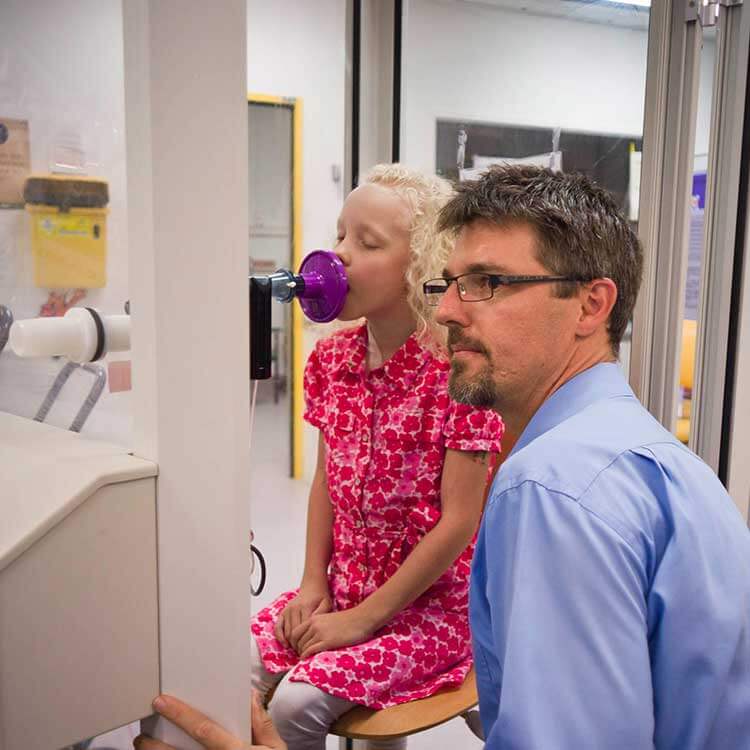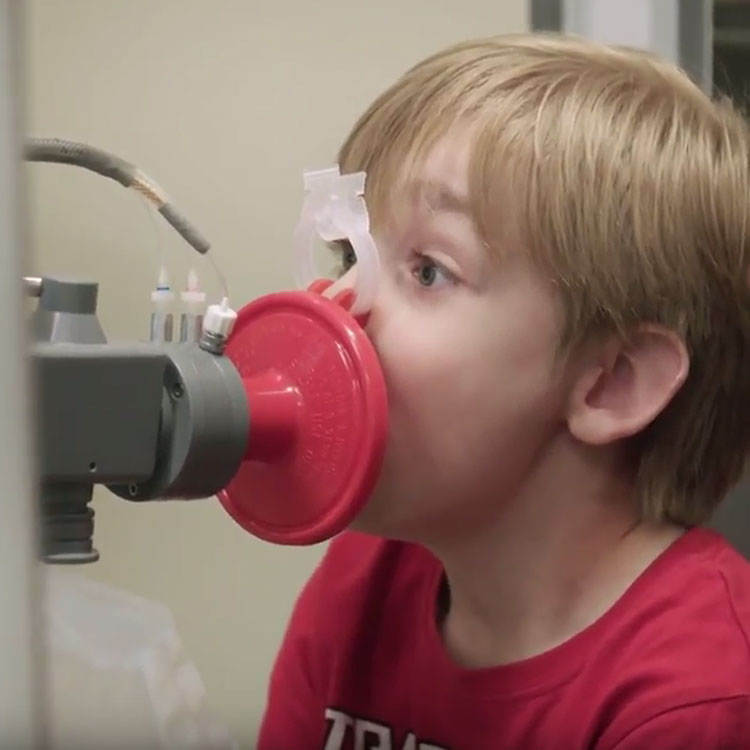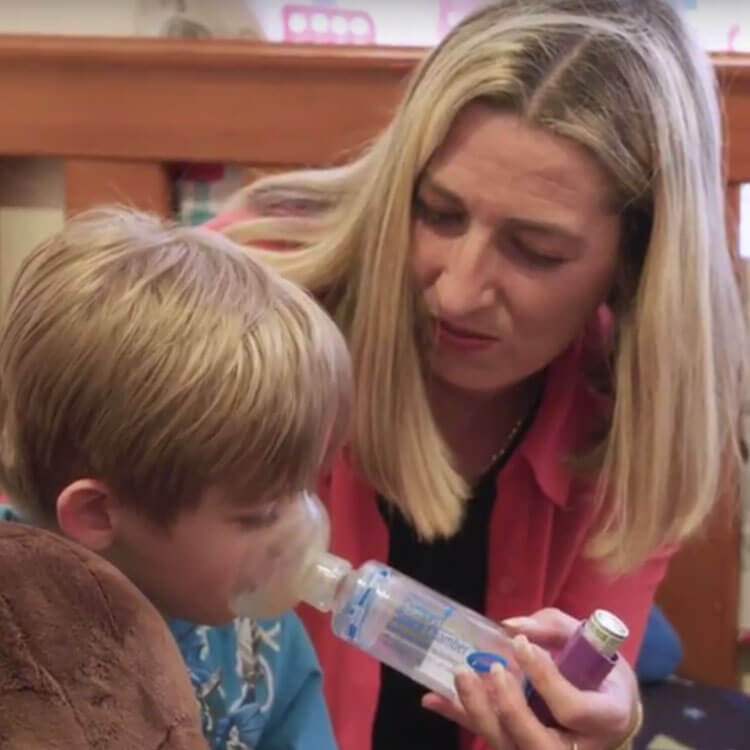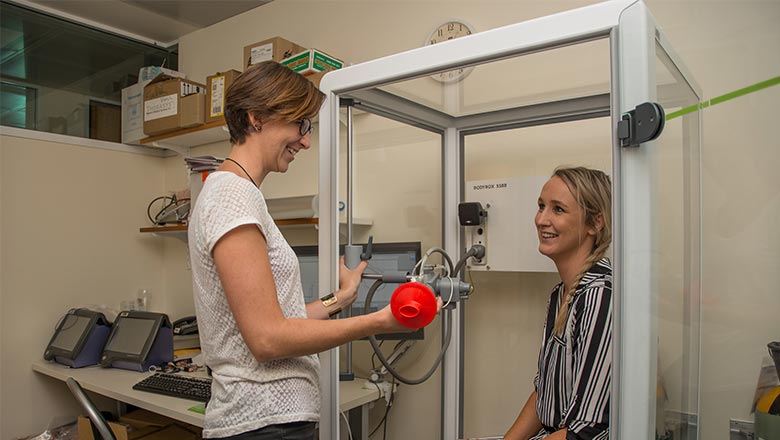Search

News & Events
The Kids researchers awarded Raine Medical Research Foundation fundingCongratulations to Dr Gail Alvares and Dr Rachel Foong, who have been awarded funding from the Raine Medical Research Foundation.

News & Events
Lung problems continue into childhood for premmie babiesNew research from Perth’s The Kids Research Institute Australia shows that babies born premature continue to have lung problems well into childhood.

News & Events
Vitamin D deficiency linked to childhood asthmaResearchers at The Kids Research Institute Australia have found children with vitamin D deficiency are more likely to develop asthma.

News & Events
Annual Community Lecture: You Are What You BreatheJoin us for our Annual Community Lecture entitled "You Are What You Breathe" with Professor Stephen Holgate.

News & Events
Video: Asthma, how serious is it?Australia has one of the highest burdens of asthma in the world. In this video, two Perth families share their story of raising children with the respiratory co

News & Events
Video: The burden of asthma - Michelle's storyMichelle has spent countless nights watching her son struggle to breathe. Our researchers are working to find better treatments for kids living with asthma.

News & Events
Video: The burden of asthma - Karen's storyThe Kids Research Institute Australia researchers are at the forefront of asthma research globally. Watch Karen's story to learn why it's so important.

News & Events
Researchers urge caution in how asthma test is usedResearchers are urging caution in the use of a widely accepted test for diagnosing asthma, after their study found it may not be accurate in some settings.
News & Events
Every Thursday: Discussion & Technical Seminar SeriesImproving health outcomes for pregnant women with allergic asthma and their babies: Thursday 22nd May.
News & Events
Childhood asthma targeted in new researchNew research aimed at reducing the airway damage caused by asthma attacks in children has just begun at The Kids for Child Health Research in WA.
